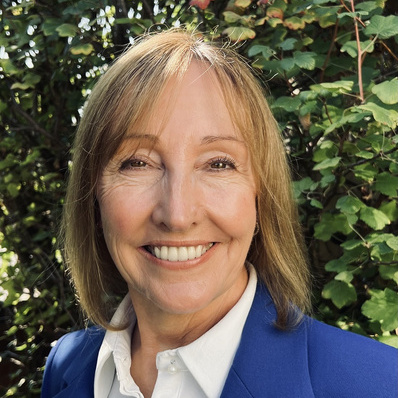History matters – business schools have been a very successful feature in higher education globally over the last 50 years. Yet they have more recently faced increasing scrutiny and criticism. Before the middle of the 20th Century, business schools were typically called schools of commerce, whose purpose was to train individuals for managerial roles. They were essentially ‘trade or vocational schools’.
However, following WWII when operational research and other methodological planning processes had become commonplace, there was pressure from leading foundations in the USA such as the Ford Foundation, to develop new approaches and models for business schools. Subsequently recommendations were made in reports commissioned by the Ford Foundation, for example, the Gordon and Howell Report, to implement a new curriculum anchored around theoretical and methodological approaches focussed on quantitative analysis and core social science disciplines.
This so-called ‘logical positivist’ paradigm became dominant in leading USA schools and was copied by other leading western schools. The period from 1960 – 2000 was called ‘The Golden Age for Business Schools’. This dominance was reinforced by the publication of rankings by media outlets such as Business Week and the Financial Times, whose ranking criteria focussed on citations counts and league table positions of faculty and programmes.
However, following events such as the Asian financial crisis, the dot-com boom and bust and the global financial crisis, there was an increasing perception among stakeholders and professionals that management research was largely irrelevant and did not engage with practitioners and management practice. There was increasing pressure on business schools to re-evaluate their value to all stakeholders in business, Government, and society rather than just shareholders.
Yet business school innovation in the second decade of the 21st century was largely incremental in character with modest adjustments in curricula and technology adoption. Radical innovations however arrived in early 2020 with the huge turning point of the global pandemic.
In this seminar Professor Thomas examines questions such as why business schools acted incrementally until the jolt of the Covid pandemic. Also, what adaptions to the pandemic disruption were undertaken more recently? How were business models adapted and what longer term propositions have been made about the future directions for management education.
This event is part of the annual BAM Academic Affairs of Conference and Capacity Building (AACCB) Masterclasses.
Our series of BAM Masterclasses are delivered by prominent management theorists from across the globe each year. These online webinars are an exceptional learning experience, revealing how top academics think about the world, what inspires them, and how they develop and apply their ideas. Where do influential ideas come from? What leads to them to being widely taken up?
___________________________________________________________________________
Provider Information
BAM Fellows College
__________________________________________________________________________
Who Should Attend?
The event speaks to Sections A1 and A2 as detailed in the BAM Framework
___________________________________________________________________________
Speakers
___________________________________________________________________________
Chaired by
________________________________________________________________
Benefits of attending
- Learn about new frontiers in management research methods
- Gain greater clarity on your methodological choices
- Network with other doctoral students and academics all in one place
__________________________________________________________________________
Contact
Please contact the BAM Office at [email protected] with any queries.
___________________________________________________________________________
Event Fee
BAM Members: Free
Non-Members: £50
If you are booking multiple paid events as a Non-Member, it may be cheaper for you to purchase a BAM Membership as nearly all BAM Events are free or at a discounted rate for Members.
For more information, please visit BAM Membership
___________________________________________________________________________
Registration closes on 24th June 2024 at 23:59 BST
Payment for the event must be received before the start date of the event concerned. Access will not be permitted to the event if full payment has not been received.
Cancellations
-
Cancellations received within 14 days of booking your place on the event will receive a full refund.
-
Cancellations received after the 14-day cancellation period and later than 14 days before the start date of the event will not be eligible for a refund.
-
Although we endeavour to run all events as advertised, BAM reserves the right to cancel any event if, for example, there are not enough people to justify running the event or if other significant unforeseen circumstances arise.
To cancel a booking a cancellation request must be submitted via your BAM Account, to do this:
- Go to your BAM Account
- Click 'My Events'
- Under 'Upcoming Events' will be the booking, please click Cancel Booking
- Follow the steps and complete the request


